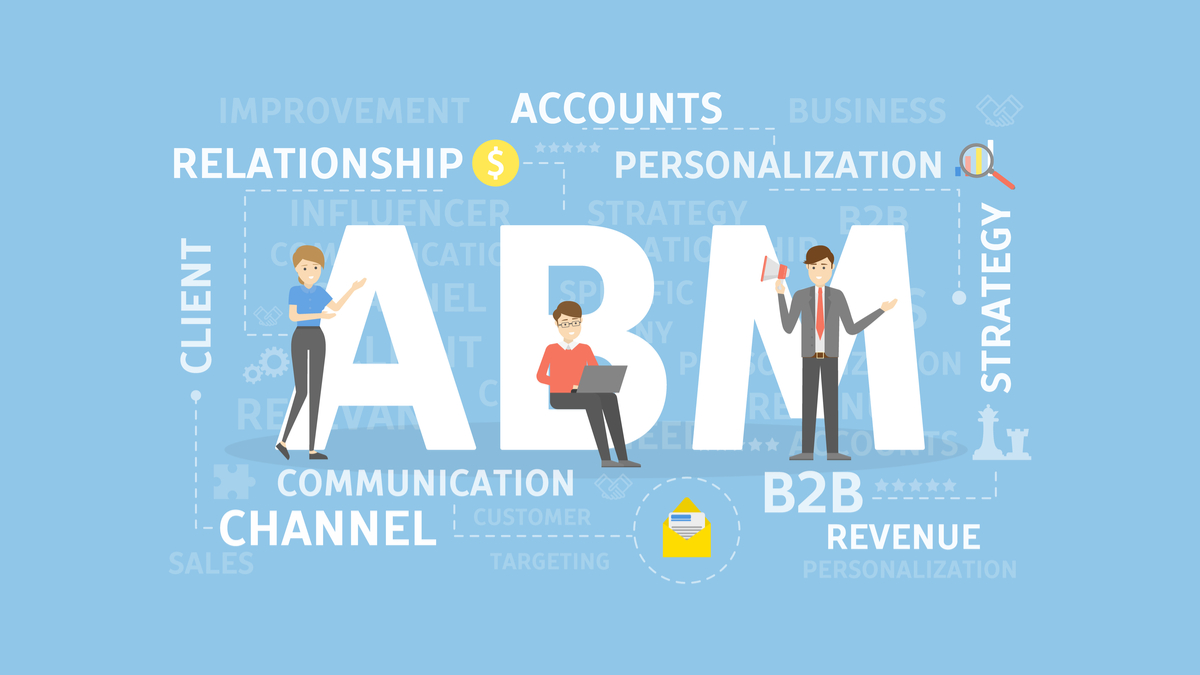
Why Account Based Marketing Matters
We are living in the age of hyper-personalisation, with people consuming individualized Netflix content, specially curated experiences, and make-your-own pizzas. Business heads also want a slice of the personalized solutions domain in addressing their market needs.
Account Based Marketing (ABM) is a B2B marketing philosophy that helps companies target communication while treating each customer/prospect like its own market – a market of one. In this piece, we breakdown why ABM should be adopted by both small and established businesses.
Personalize and win dream accounts with that special attention
According to a study by Aberdeen, 75% of business heads prefer personalized offers that address their requirements. To understand why to think of a mid-size kitchen appliances firm. Competition from international players and diverse demographic in the country can make it difficult to pinpoint one strategy for selling its products.
The cost of implementing the wrong marketing plan is often too high and has repercussions for the brand. A digital marketing agency’s ABM service can help identify audience specifics, create engaging content for the millennial generation with purchasing power, and at the core, develop a long term marketing strategy that’s backed by reliable data. If your client loves you, your company could even benefit from word-of-mouth recommendations that advocacy marketing brings.
What sets account-based marketing apart from other marketing strategies is that it creates room to innovate and stand out to a specific audience.
Take this case. GumGum, a computer vision technology company, created a comic book called T-Man and Gums to engage with T-Mobile, its potential partner. Know that T-Mobile’s CEO John Legere calls himself a magenta wearing Batman in his Twitter profile.
Released just in time, as T-Mobile was rolling out its unlimited data plan, GumGum’s ingenious creation highlighted the value of its offering for T-Mobile with this personalized and fun strategy. Within hours, Legere tweeted out a praise to GumGum. The innovative, albeit risky, experiment helped GumGum secure T-Mobile as a client.
Don’t just sell to your clients. Sell through, and with them
With ABM, you can go beyond selling to customers and step into joint propositions for selling through or with them. You can co-create partnerships and even transform markets with a fine-tuned ABM plan.
In yet another case, the Japanese IT equipment and services giant Fujitsu leveraged ABM to present itself as an innovative partner to its client’s supplier relationships. Fujitsu transformed a client’s police uniform supplier contract into a strategic partnership by providing wearable IoT supported tech products.
Strike the right balance between marketing costs and conversions
Naturally, the question of the cost of acquiring a client and conversion arises, with any personalized marketing program. The key is to make sure that the marketing and sales efforts are coordinated so that the portfolio has a mix of high-value accounts and strategic key accounts. When everyone involved in client acquisition is in the know about the content and channels of communication, marketing efforts can really pay off. Technology and CRM tools have made it easier to economize the process of client engagement.
Reap the returns
It is established that Return on Investment (RoI), with ABM, is significantly higher than using only broad-based inbound marketing strategies. When adopting this approach, it helps to remember that size doesn’t matter. It is about how you leverage your business model and use Intel to get the right clientele.
Lately, predictive analytics and modeling have amplified the success rate of ABM by helping marketers create accurate account personas, with precisely defined characteristics, including relevant sales points and channels.


0 comment